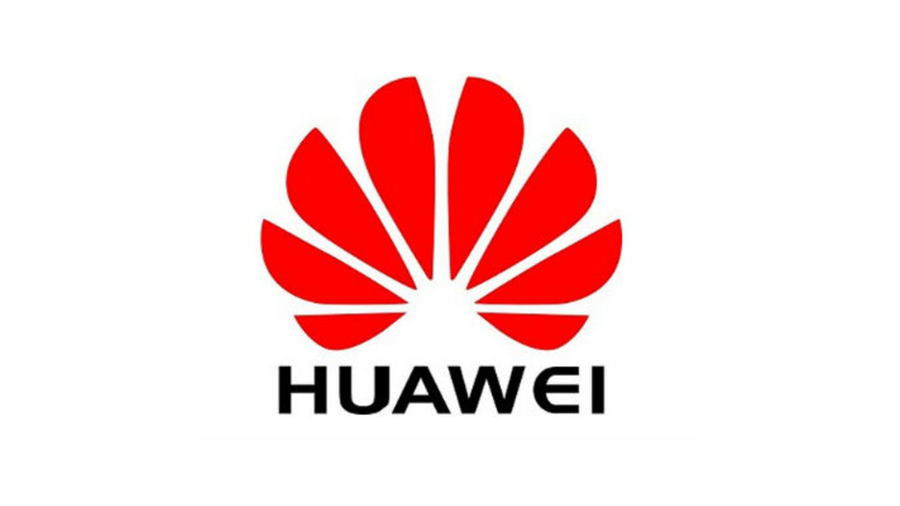FCC to Court: Deny Huawei
The smarter way to stay on top of the multichannel video marketplace. Sign up below.
You are now subscribed
Your newsletter sign-up was successful
The FCC has told a federal appeals court that Huawei is wrong on all counts in its challenge to the commission's decision to exclude suspect tech in general from its Universal Service Fund subsidies and, tentatively, Huawei in particular.

Even if the FCC had not moved to exclude technology deemed a national security threat from the USF dollars, the Congress seconded that with legislation that required it.
The FCC filed with the U.S. Court of Appeals for the Fifth Circuit in Huawei's appeal of the FCC decision, saying the court can make its decision based on those briefs but that it is ready to go to court for oral argument if it has to. It said the Huawei petition should be denied.
And while the FCC lays out its argument against Huawei's position, it said the court doesn't even have jurisdiction over the Huawei petition because that petition is not "ripe," in part because the decision to exclude Huawei--and ZTE--tech from the USF funds is tentative, so not a final FCC action, so not ripe for a challenge.
The FCC voted unanimously not to allow USF fund money to go to carriers using tech from companies that threaten the integrity of networks or supply chains, then tentatively concluded that included Chinese telecoms Huawei and ZTE. The commission told the court that it reasonably concluded that networks with security vulnerabilities that could allow for foreign surveillance "were not 'quality' networks capable of furthering the goal of universal service."
As to Huawei's assertion that the FCC does not have the authority to make national security judgments, the FCC said they are meritless given its congressionally delegated expertise in evaluating supply chains and networks, including for national security issues.
While Huawei said the national security call has to be made by the President, the FCC said that separation of powers is demonstrably false, pointing out that part of the FCC's charter was national defense and promoting safety of life and property.
The smarter way to stay on top of the multichannel video marketplace. Sign up below.
As to Huawei's challenge to its designation as suspect tech in need of exclusion, the FCC said that was premature since it has not made a final designation (though it will almost certainly be to exclude it).
"Carriers may still use USF funding for Huawei products or services unless and until the Commission makes a final designation decision—at which point, Huawei can seek judicial review," said the FCC, but added: "In any event, the Commission considered ample evidence that Huawei posed a potential threat to America’s communications networks, including information it received from members of Congress and Executive agencies with national security expertise."
Contributing editor John Eggerton has been an editor and/or writer on media regulation, legislation and policy for over four decades, including covering the FCC, FTC, Congress, the major media trade associations, and the federal courts. In addition to Multichannel News and Broadcasting + Cable, his work has appeared in Radio World, TV Technology, TV Fax, This Week in Consumer Electronics, Variety and the Encyclopedia Britannica.

